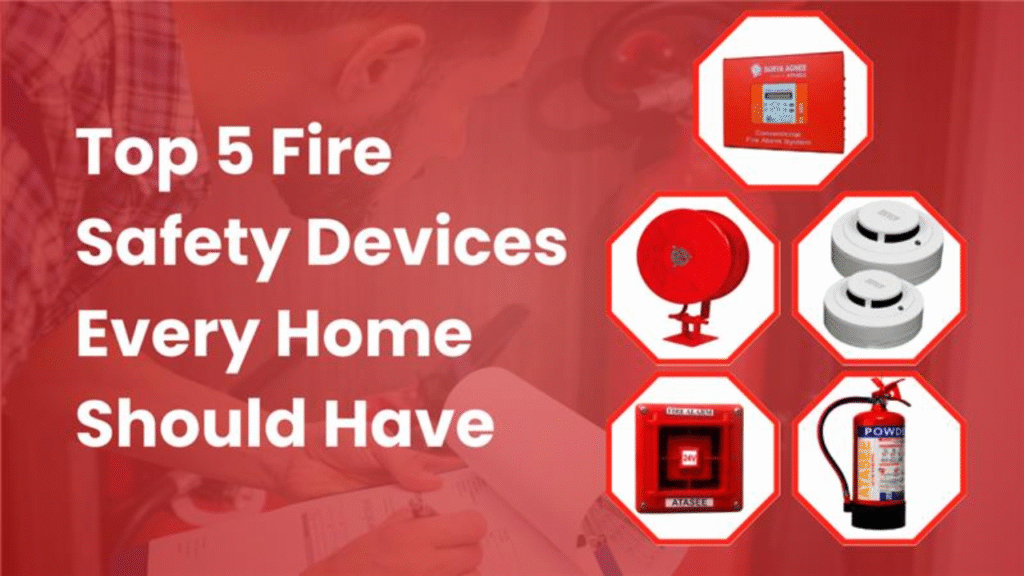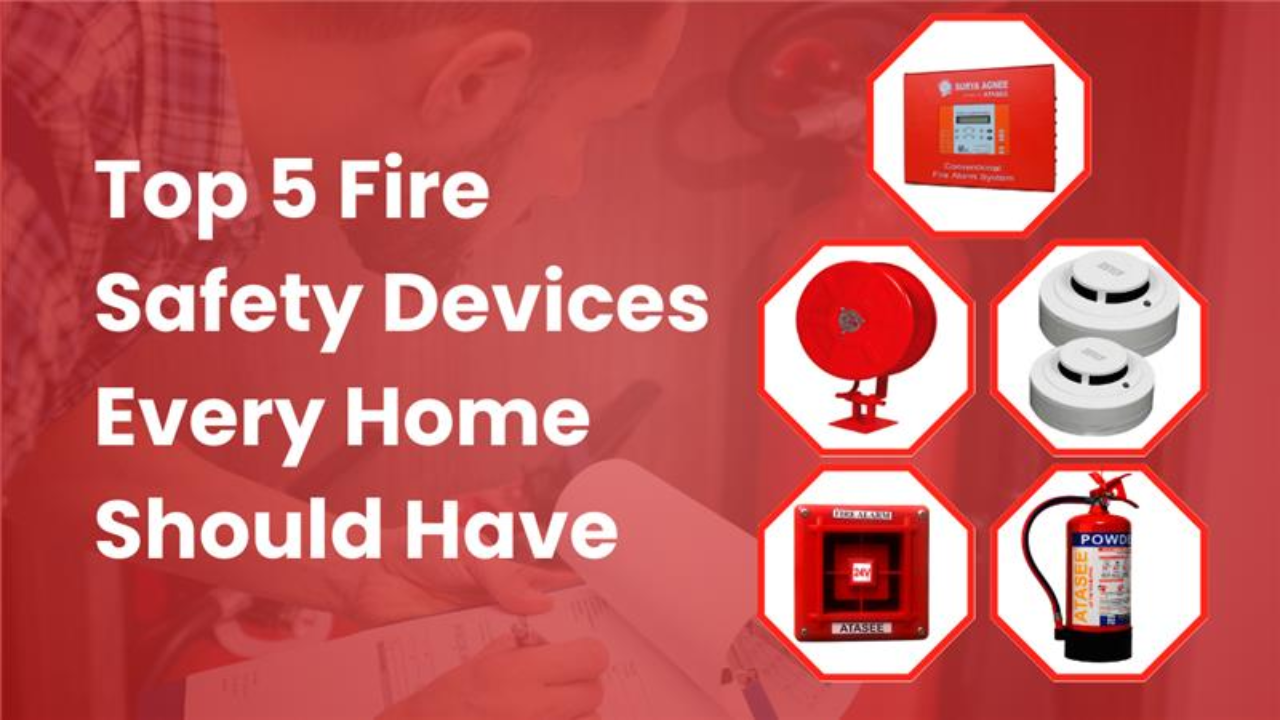
Gas heaters are a reliable and efficient way to keep your home warm during colder months, but they also require careful use to ensure safety. Improper operation or poor maintenance can lead to hazards such as fires, gas leaks, or carbon monoxide poisoning. As a homeowner, understanding how to use and maintain your gas heater properly can protect your household and give you peace of mind.
Understanding Gas Heater Risks
Before diving into safety tips, it’s important to be aware of potential risks:
- Gas leaks – May cause explosions or health problems.
- Carbon monoxide (CO) buildup – Can be life-threatening if undetected.
- Fire hazards – Improper placement or storage of flammable materials near heaters.
- Poor ventilation – Can reduce air quality and cause breathing issues.
Knowing these risks will help you take preventive measures rather than responding to emergencies.
Key Gas Heater Safety Practices
1. Schedule Regular Maintenance
Routine servicing ensures your heater runs efficiently and safely. Professional inspections should be done at least once a year to check for leaks, faulty parts, and proper ventilation.
Why it matters:
- Detects early signs of malfunction.
- Prevents hazardous gas leaks.
- Improves energy efficiency.
2. Install Carbon Monoxide Detectors
Since CO is odorless and colorless, detectors are the only way to alert you of dangerous levels. Place detectors in main living areas and bedrooms, and test them monthly.
3. Ensure Adequate Ventilation
Gas heaters need proper airflow to operate safely. Keep air vents open and unobstructed, and never use a gas heater in a completely enclosed space without ventilation.
4. Keep Flammable Items Away
Maintain a clear space of at least one meter around your heater. This includes curtains, paper, cleaning products, and furniture.
5. Follow Manufacturer Instructions
Always read and follow the manufacturer’s manual for installation, operation, and maintenance. Misuse can void warranties and increase risks.
6. Turn Off When Not in Use
If you’re leaving the house or going to bed, switch off the heater to prevent overheating or accidental hazards.
7. Check for Gas Smells
If you notice a sulfur or “rotten egg” smell, turn off the heater immediately, open windows, and contact a professional. Do not use electrical switches or flames until cleared.
Safe Usage Tips for Different Heater Types
| Type of Gas Heater | Special Safety Considerations | Best Use Practices |
|---|---|---|
| Flued Gas Heaters | Safely vents emissions outdoors | Check vent pipes annually for blockages |
| Unflued Gas Heaters | Releases combustion gases indoors | Use only in well-ventilated spaces |
| Portable Gas Heaters | Risk of tipping over or leaks | Place on stable surfaces away from traffic |
| Wall-mounted Heaters | Fixed but still requires checks | Dust regularly to prevent blockage |
| Gas Fireplaces | Decorative but functional heating | Keep glass screens clean and inspect seals |
Common Mistakes to Avoid
Many gas heater accidents happen due to preventable errors. Be mindful of these:
- Blocking vents – Reduces air circulation and increases CO buildup.
- DIY repairs – Always hire licensed professionals for repairs or servicing.
- Using outdoor heaters indoors – They’re not designed for enclosed spaces.
- Skipping annual checks – Small issues can become major hazards over time.
Overview Table
| Safety Measure | Purpose | Frequency |
|---|---|---|
| Annual professional service | Detects and fixes early problems | Yearly |
| Install CO detectors | Alerts to dangerous gas buildup | Test monthly |
| Keep area clear | Prevents fire risk | Always |
| Ventilation check | Maintains air quality | Ongoing |
| Follow user manual | Ensures correct operation | Ongoing |
| Smell check for leaks | Detects gas hazards early | As needed |
Emergency Steps for Gas Heater Issues
If you suspect a problem:
- Turn off the heater immediately.
- Open all windows and doors for ventilation.
- Evacuate the premises if gas smell is strong.
- Call emergency services or your gas supplier.
- Do not return inside until declared safe.
Conclusion
Gas heaters can provide years of safe, comfortable warmth if handled properly. By following maintenance routines, ensuring proper ventilation, installing carbon monoxide detectors, and respecting safety guidelines, you can minimize risks and enjoy the benefits of your heating system without worry.
3 One-line FAQs
Q1: How often should I service my gas heater?
A1: At least once a year, preferably before winter.
Q2: Can I use an outdoor gas heater inside?
A2: No, it’s unsafe due to poor ventilation and high CO risk.
Q3: What should I do if I smell gas?
A3: Turn off the heater, ventilate the area, and call a professional immediately.

